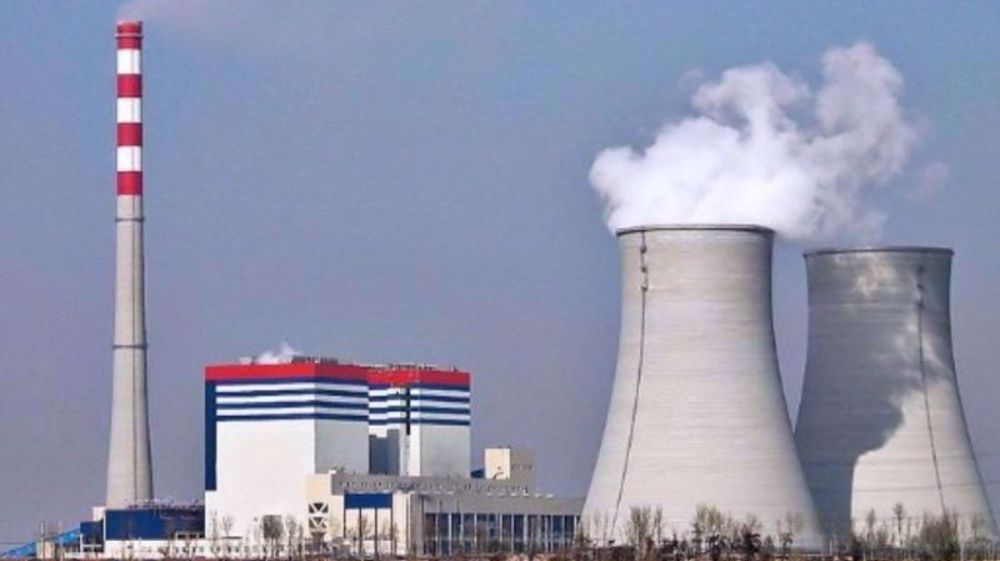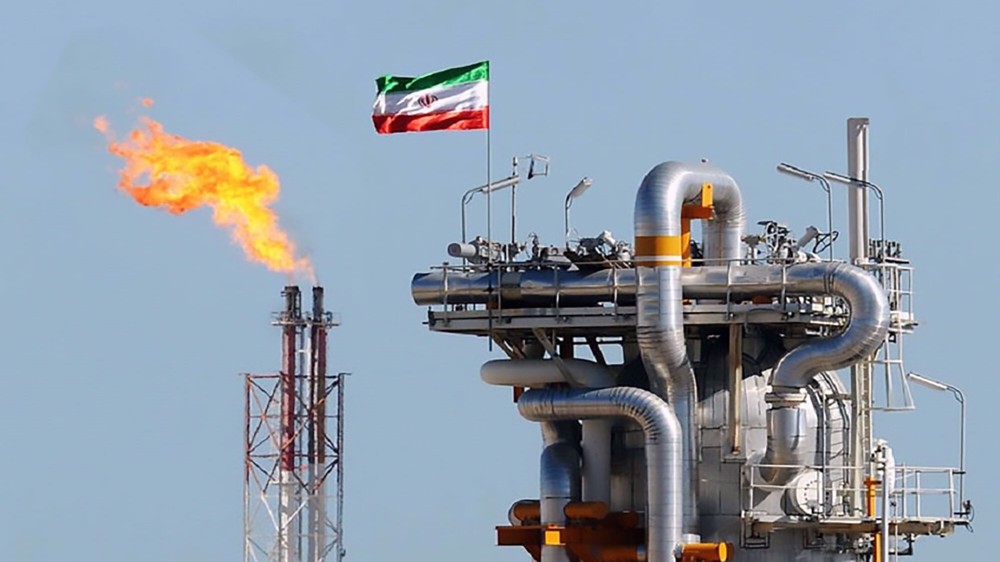Minister: Iran will not harm oil market
Minister of Petroleum Bijan Zangeneh says Iran has no intention to disrupt the oil market with its planned production increase when sanctions are lifted.
Officials have said Iran will ramp up production by 500,000 barrels per day (bpd) immediately after the sanctions are removed and raise it to 1 million bpd within six months.
"We are not seeking to disrupt the market but will regain our market share," Zangeneh told reporters on the sidelines of an oil forum in Tehran.
Head of international affairs at the National Iranian Oil Company Mohsen Qamsari said on Saturday the increase will depend on market conditions.
“We will produce as much as the market can absorb,” the Ministry of Petroleum’s Shana news agency quoted him as saying.
"The decision on the amount of exports highly depends on the future condition of the market. We will raise our market quota steadily," he said.
"We will exercise great caution to prevent a further decline in international prices and will adopt certain methods and strategies to this end," he added.
For its stepped-up production, Iran is faced with a supply glut amid overproduction by some OPEC members such as Saudi Arabia, which are refusing to cut output.
Qamsari said the oil market is currently oversupplied by 2.5 million to 3 million barrels a day, which have sent prices into a tailspin, with Iranian crude currently averaging in the $20-30 range.
Because of the Saudi oversupply, OPEC is producing close to record levels above 31.5 million barrels per day, well over the organization’s nominal target of 30 million bpd.
Deputy Industry, Mine and Trade Minister Mojtaba Khosrotaj said recently Iran’s oil revenues in the new year are estimated to total $14 billion if the government’s bid to increase exports by 500,000 barrels per day materializes.
On Monday, oil prices rose in Asia after Saudi Arabia cut diplomatic ties with Iran following Tehran’s condemnation of the kingdom’s execution of prominent Shia cleric Sheikh Nimr al-Nimr.
Within minutes of the Saudi announcement, global oil benchmark Brent rose over $1.2 to a high of $38.50 per barrel, before easing back to $37.48, up 20 cents. US crude's West Texas Intermediate (WTI) futures were up 29 cents at $37.33.

Iran opens modern monitoring center for its power plants

Iran’s renewables to hit key output milestone in 3 years: Minister

Iran to raise its daily natural gas output by 250 mcm in 5 years
‘No legal prohibition’ on sale of Shahed drone: Iran’s UN mission
EU weighting new aid package to Ukraine ‘to show support’ amid rift with US
VIDEO | Master of martyrs
Russia warns of NATO threats against port infrastructure
‘New generation of smart weapons’: Iran Army to launch massive joint drills in southern waters
Canada arrests prominent activist over pro-Palestinian stance
‘Resistance resurrection’: Iran delegation in Lebanon as details of Nasrallah funeral announced
Irish leaders to boycott White House event over Trump’s Gaza plot







 This makes it easy to access the Press TV website
This makes it easy to access the Press TV website